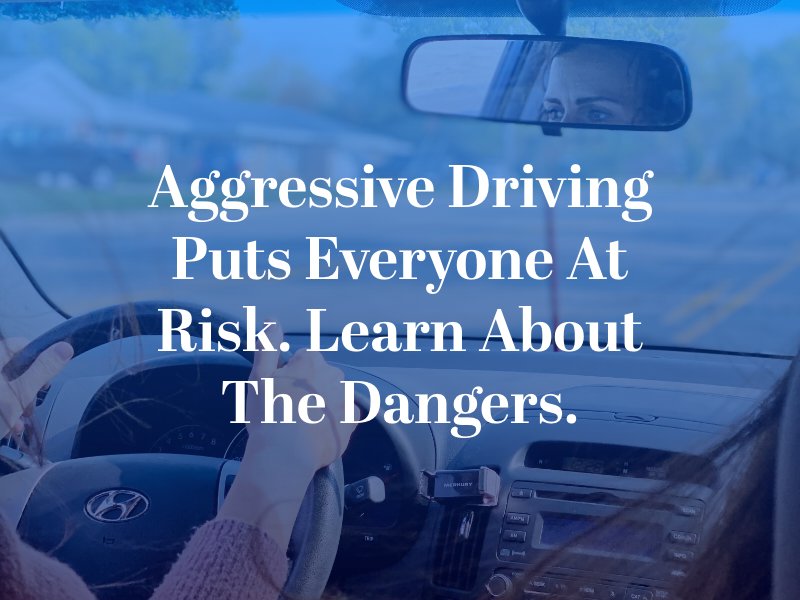How Does Road Rage Impact Driving Skills and Judgement?

A car accident caused by road rage can be more dangerous than other crashes because aggressive driving impairs decision-making and reaction time. Drivers who act out of anger are more likely to speed, make reckless maneuvers, and ignore traffic laws, putting everyone at risk. Understanding how road rage affects driving skills can help prevent devastating car accidents and reduce crash risks.
How Road Rage Affects Reaction Time and Decision-Making
Road rage causes drivers to make impulsive decisions that increase the risk of collisions. When emotions take control, reaction times slow, and drivers are more likely to misjudge distances, speeds, and road conditions. Under Illinois Vehicle Code 625 ILCS 5/11-503, aggressive driving behaviors such as speeding, tailgating, and reckless lane changes are considered traffic violations that can lead to fines, license suspension, or criminal charges.
Anger impairs judgment and makes it difficult for drivers to process information quickly and accurately. When a driver is consumed by frustration, they may focus on retaliating against another motorist instead of paying attention to traffic signals, pedestrians, or road hazards. This emotional state can lead to reckless behaviors that put everyone on the road at risk.
Common Driving Errors Caused by Road Rage
Aggressive drivers often engage in reckless maneuvers that increase the likelihood of crashes. These behaviors stem from frustration, impatience, or a desire to retaliate against another driver. The following are some of the most common errors caused by road rage:
- Speeding – Angry drivers may exceed speed limits in an attempt to overtake or intimidate another vehicle. Driving at high speeds reduces reaction time and increases the force of impact in a crash.
- Tailgating – Following another vehicle too closely prevents a driver from stopping in time to avoid a collision. Tailgating is a leading cause of rear-end crashes and aggressive confrontations on the road.
- Unsafe lane changes – Weaving through traffic or cutting off other vehicles increases the risk of side-impact crashes. Failing to check blind spots or signal before changing lanes makes these maneuvers even more dangerous.
- Ignoring traffic signals – Running red lights, failing to yield, or making unsafe turns can result in serious accidents. Drivers who act impulsively out of anger often disregard critical traffic laws designed to keep roadways safe for all motorists.
Engaging in aggressive driving behaviors not only endangers others but also exposes drivers to legal consequences. Traffic violations associated with road rage can result in costly fines, increased insurance rates, and potential criminal charges. Avoiding impulsive reactions while driving helps prevent accidents and protects everyone on the road.
The Link Between Road Rage and Increased Crash Risk
Drivers experiencing road rage are more likely to take unnecessary risks that lead to collisions. Studies show that aggressive driving contributes to a significant percentage of highway crashes and catastrophic personal injuries, particularly those involving high speeds and sudden lane changes. When anger clouds judgment, drivers may ignore safety precautions and escalate minor incidents into dangerous confrontations.
Recognizing the warning signs of road rage can help you steer clear of aggressive drivers and avoid dangerous situations. Drivers who honk excessively, make rude gestures, or attempt to block other vehicles may be acting out of frustration. Giving aggressive drivers space and avoiding eye contact can help de-escalate tense situations and reduce the risk of a confrontation.
